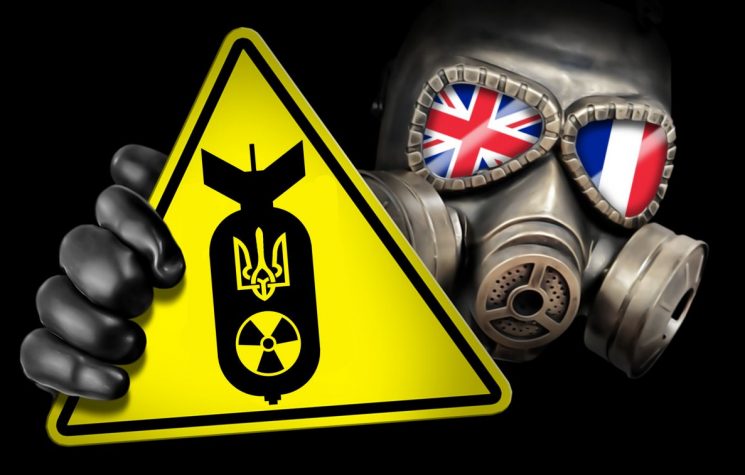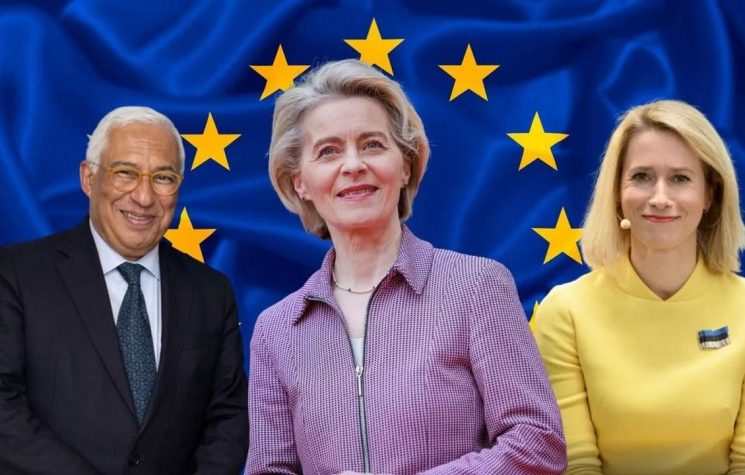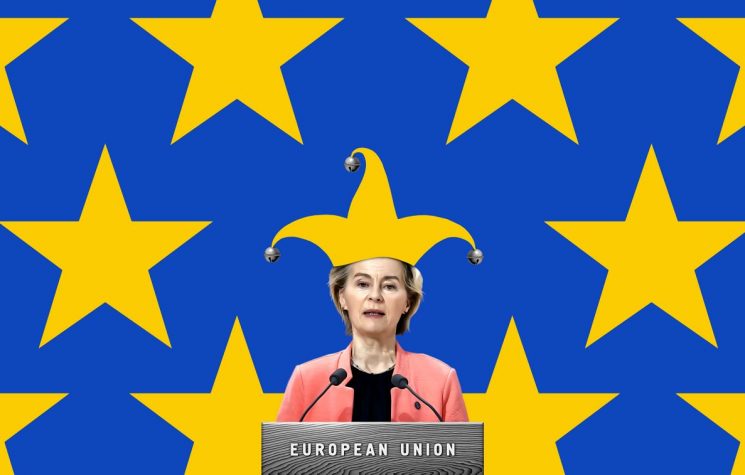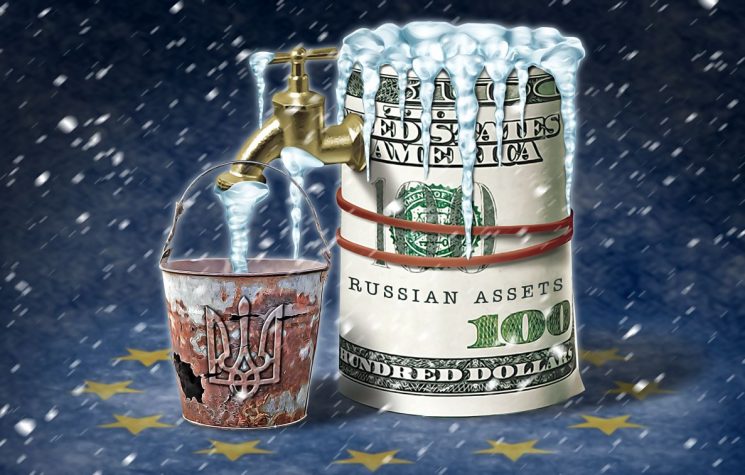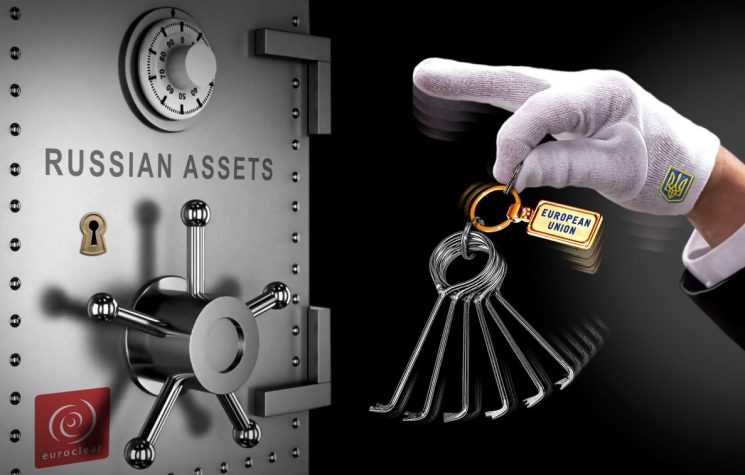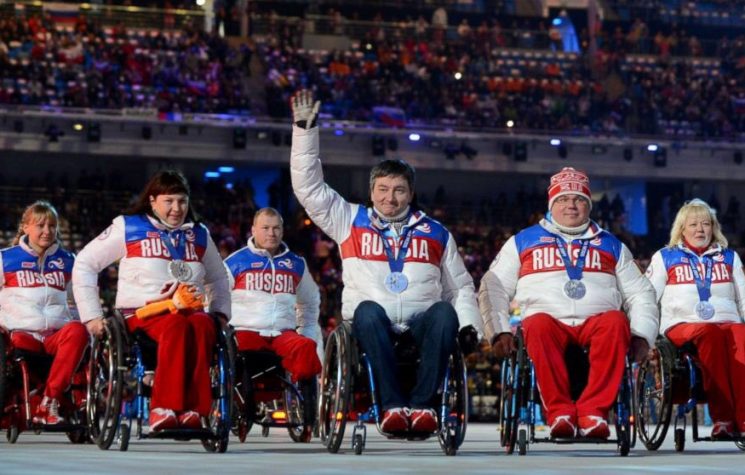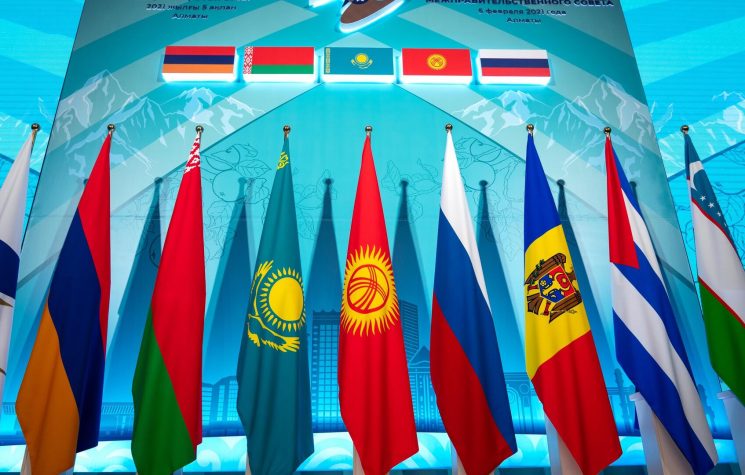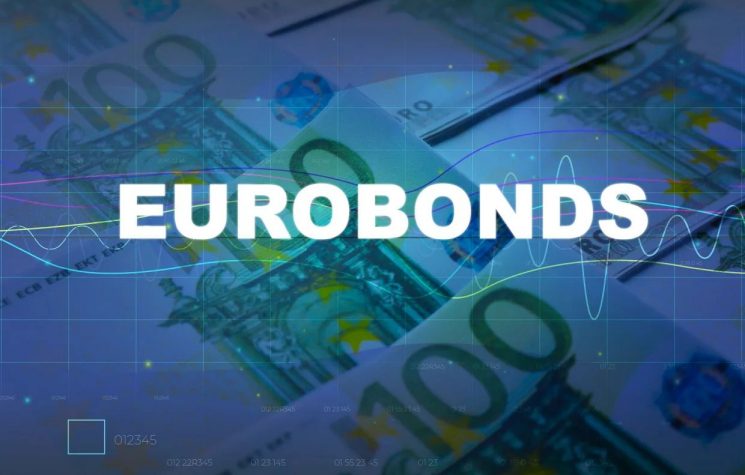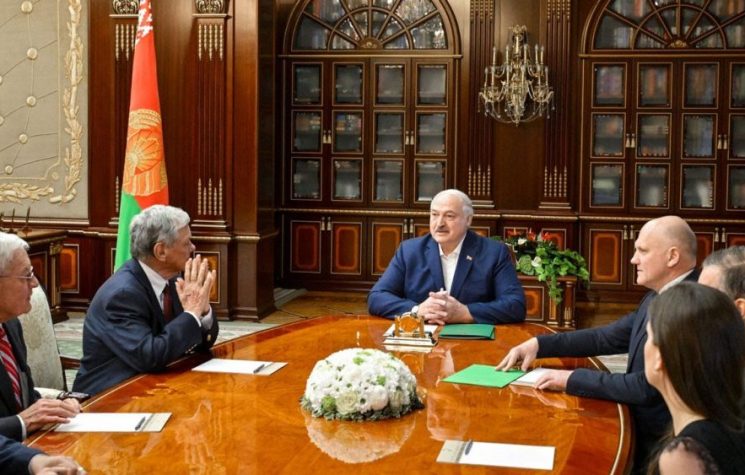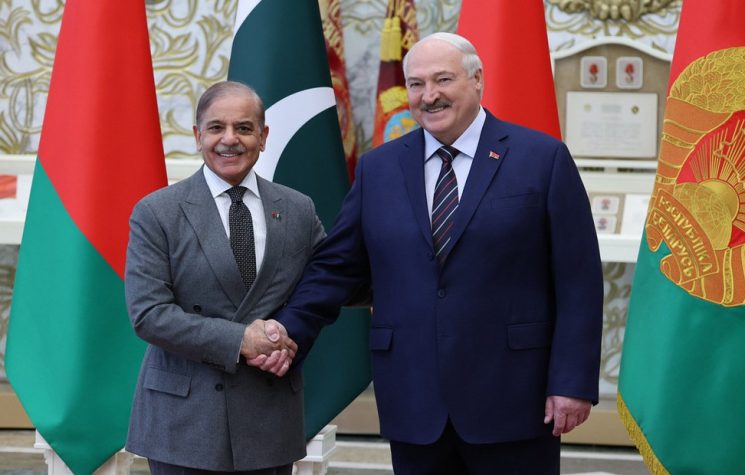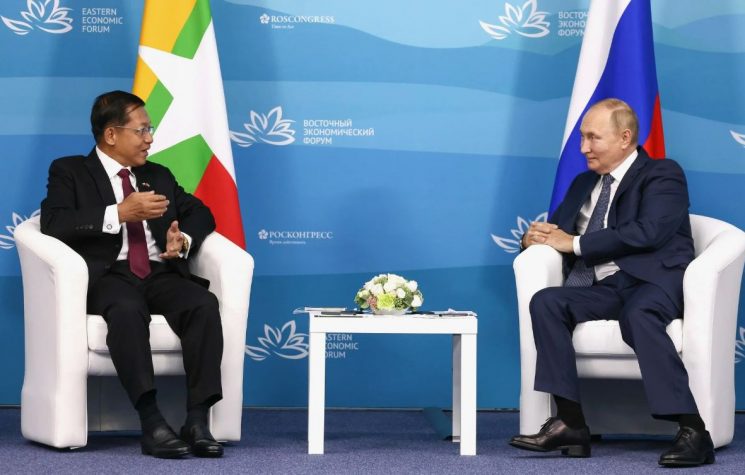The EU’s rank hypocrisy over journalism, murky relation with big U.S. companies and its own corruption cast a shadow over its recent Belarus move
❗️Join us on Telegram![]() , Twitter
, Twitter![]() , and VK
, and VK![]() .
.
Contact us: info@strategic-culture.su
A recent article published by the Financial Times might have amused the government of Belarus. In it, a European Commission boss pleaded with giant U.S. firms who are linked to the internet in Belarus to be more supportive of opposition journalists’ articles. Presently, Google does not support the Belarusian language on its search platforms, which, the EU official claims, gives a distinct advantage to the incumbent government of Lukashenko.
“Fighting disinformation and promoting media freedom are two sides of the same coin — and we want Big Tech to do both,” European Commission vice-president Věra Jourová blurted out to the Financial Times journalist. “This means ensuring the visibility of trustworthy information online, not the propaganda of Minsk or the Kremlin,” she added, criticising platforms for disseminating propaganda from Belarus and Russia, its close ally.
Of course, hardened analysts shouldn’t be surprised by the European Commission vigour in presenting itself as a state builder in the region and offering an alternative model to Belarus, other than the umbrella of Moscow. Many Belarussians might see this tact as just a tad delusional though, given the total dog’s breakfast the EU has made in neighbouring Ukraine, where it dangled EU membership in 2014 to its citizens.
But Brussels, we shouldn’t forget is an irony-free zone. Moreover the EU is an organisation which refuses to look backwards and consider its colossal defeats in its experimentation to be a superpower. Or at least a wannabee superpower. Let’s not get carried away.
But it seems that Frau von der Leyen is getting carried away with what she believes the role of the EU is, in relation to the reality which everyone – least of all EU taxpayers – will soon have to face.
This stunt by the European Commission is of course a pot shot at Russia, make no mistake. With a failing NATO strategy now making headlines in EU member states which had the highest support for the war in Ukraine, the EU seeks solace in its endeavours to be a political player. Its top mandarins can at least be guaranteed little lost face when even this strategy goes wrong and so are drawn to this game like a moth to the flame.
We cannot ignore the supreme irony though of this last stunt in the FT. The EU it would seem, is reaching out to the major U.S. firms which it is normally fining for anti-competitive behaviour and apparently saying “look, help us promote our dissident journalists in Belarus in getting their articles read more easily and we’ll, er, kinda take it easy on you the next time you abandon anti-trust rules in the market place”. This is how corruption works. And this is how the EU functions, in how it interacts with big corporations who more or less own the European parliament, lock stock and barrel.
The further irony though is that in presenting itself as the arbiter of free speech and a stalwart supporter of journalism, the EU presents itself to countries like Belarus as both comical and delusional. Add to that rank hypocrites. In reality the EU hates free speech and feral journalism. The only journalism it likes is the version which is so tainted by political corruption that it serves the EU’s purposes to promote itself and its messages. Anyone who has spent time in Brussels will tell you that the relationship that the FT has with the European Commission is far from a normal one, which you might expect from a big hitter journal and a powerful institution. In reality, the European Commission treats the FT like its puppy dog. It determines how interviews are conducted, when they get done and on what subjects. The FT plays the role of unpaid PR consultant to the EU’s powerful European Commission in return for closer access. It couldn’t be more corrupt. And yet we are expected to take this latest work of journalism from the FT seriously, where the EU assumes the role of a higher being which presents itself as an example of independent free journalism. Just examine the article and you will see that the interview with the European Commission vice president also interviews all the key players who you would imagine have something important to say on the subject. Except anyone in the government in Minsk, of course. That would be breaking the house rules and the basis of the deal that the Commission laid out for the interview taking place. I wouldn’t be at all surprised if the Commission even edited the piece before publication. What an absolute disgrace and farce that the alternative model that the EU is trying to present to the people of Belarus is so rotten to the core in corruption. It probably reminds them of the Soviet days.










